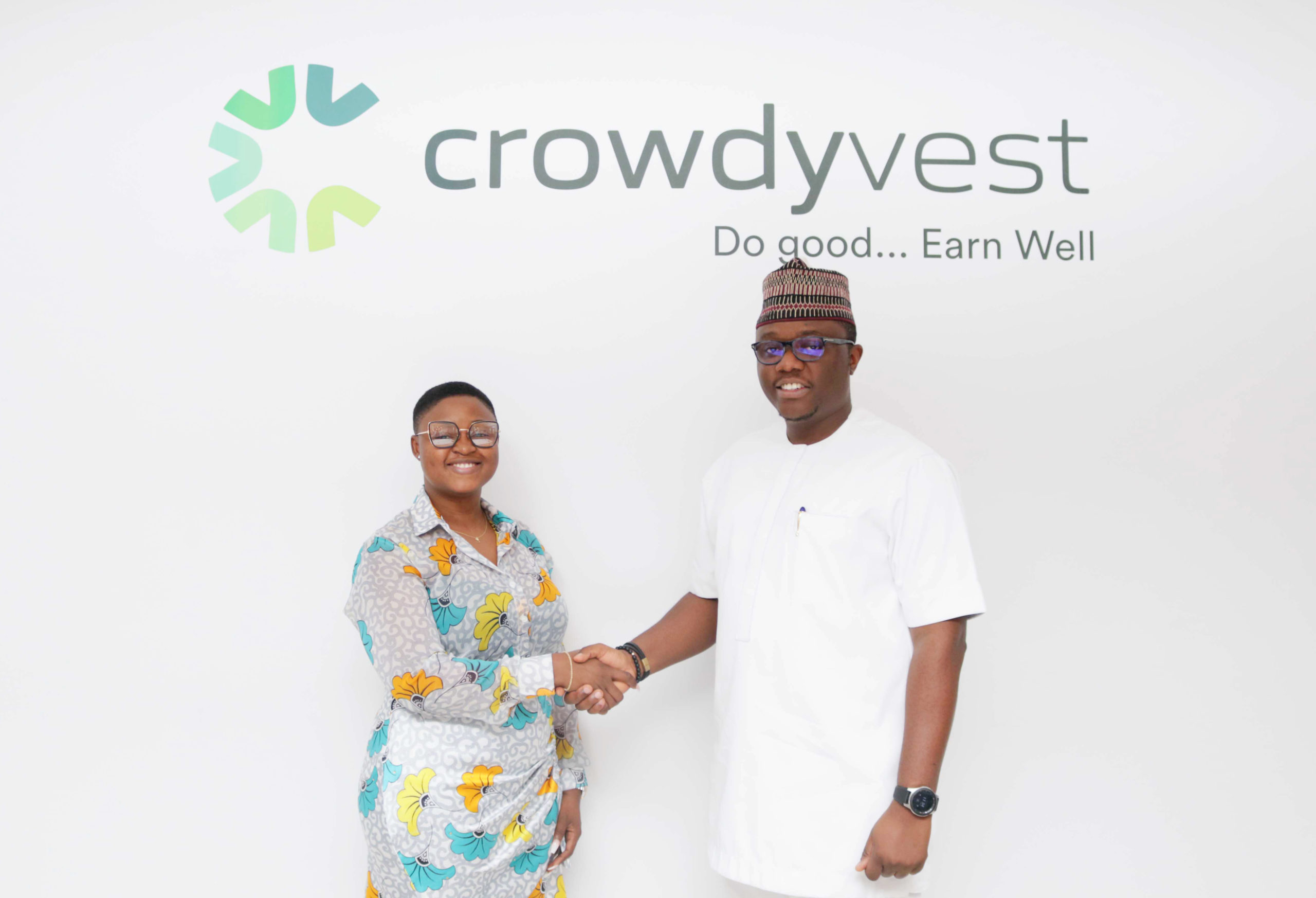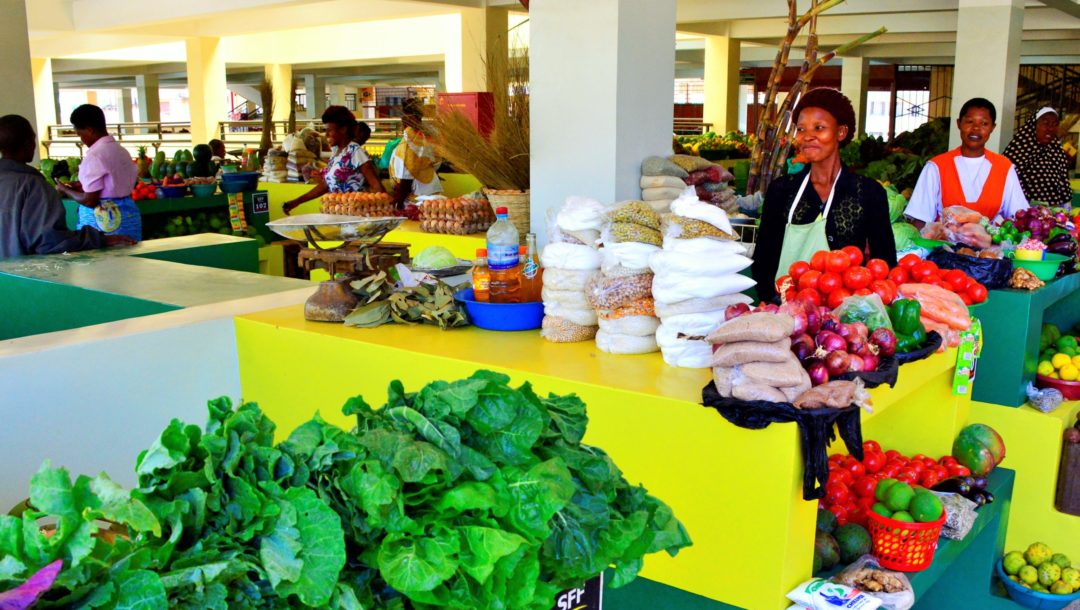Crowdyvest Limited, a Nigerian crowdfunding platform that allowed retail investors to fund a range of agritech businesses, owes 3,700 crowdfunding investors ₦7.7 billion, according to an internal document seen by TechCabal. The company defaulted on its payment obligations to customers in 2021, and in that time, it has never disclosed its total debt outlay.
“We are concurrently exploring opportunities for our members to get quarterly payout as we recover funds from project partners that are owing us,” Temitope Omotolani, Crowdyvest CEO, told TechCabal in an email.” The company expects to recover around ₦2 billion from some of the businesses it funded within the next two years. Per the same internal document, those monies will be disbursed to investors by a registered asset manager.
A significant part of debt—around ₦5.7 billion—will be converted to equity in Crowdyvest Management Limited, the company said. Customers who are owed will own 35% of the company. Converting the major part of the debt to company shares is a similar approach to Patricia, the crypto company that lost $2 million in customer assets.
The company is also launching “Phoenix Fund,” a new investment vehicle to raise funds.
Key Takeaways
- Crowdyvest owes 3,700 users N7.7 billion since 2021
- The company is proposing converting some of that debt to equity
- The company is also raising a new fund
How did Crowdyvest get here?
Launched in 2019, Crowdyvest was a member of the EMFATO group alongside two other companies: Farmcrowdy and Treepz. It helped Farmcrowdy, an agritech business, raise money from retail investors who were promised up to 20% returns across several projects. Like many other agritech projects, Farmcrowdy cited the COVID-19 pandemic as a reason many partners could not repay those investments.
When Crowdyvest left the EMFATO Group in March 2021, it took on the debts of Farmcrowdy. Since 2021, it has repeatedly assured investors it remains committed to repaying all debts; the company said it paid N18 billion between 2020 and 2023.
“As a business, we’re dealing with the hard truths of what is lost, what is still redeemable and what can be done to completely solve this,” explained Omotolani. “We have come to the realization that our commitment to meeting our obligations to all stakeholders can only be legitimately fulfilled if we remain a viable and continually improving entity,” she added.




















